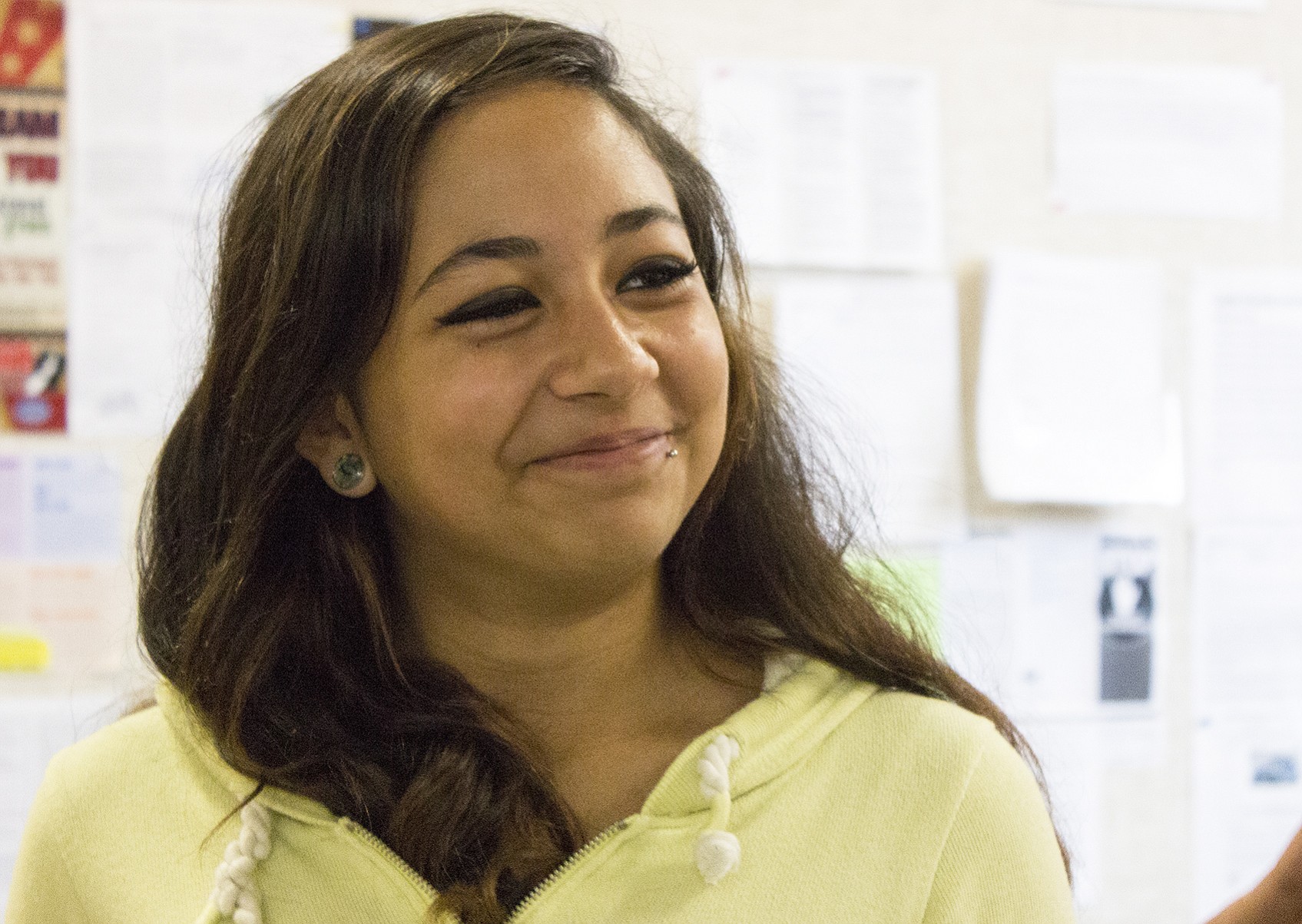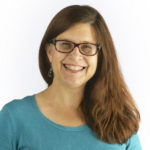Industrial Maintenance Technology, combining technical skills such as welding and machining, requested by local employers.
CADD program in Columbia River Gorge. Learn more at www.clark.edu/gorge.
Where: Cannell Library, first floor.
Information: 360-992-2010 or TechHub@clark.edu.
A Washington resident pays $1,387 for 15 credits of tuition.
Enrollment is 12,835 this fall, was 13,373 in fall 2013 and was 13,927 in fall 2012.
73 percent of students are first-generation college students.
54 percent of students are low-income students.
200 international students.
2,000 Running Start students.
More than 30 percent are students of color.
With leaden skies and cooler temperatures, autumn arrived in Clark County on Monday. It also was the first day of fall quarter at Clark College.
By 9 a.m., parking lots were packed, but lines were abnormally short at the bookstore advising office and even the financial aid office in Gaiser Hall.





